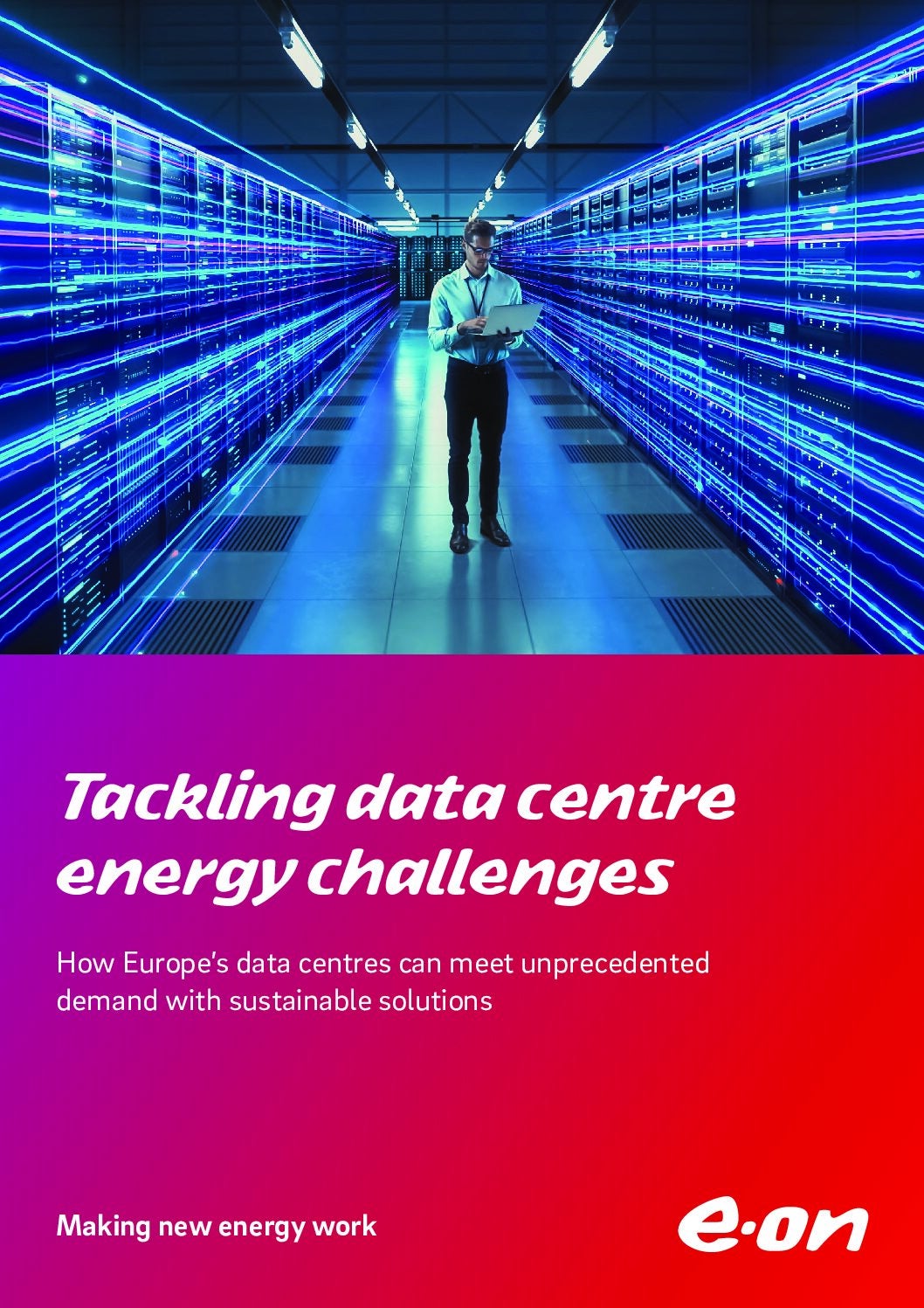
From enhancing communication algorithms to enabling real-time decision-making, AI is reshaping industries. However, this transformation comes with a significant challenge: the soaring energy demands of data centres. By 2030, energy consumption in data centres is expected to increase by 500%, largely due to AI. This surge in demand raises a critical question: how can data centres meet these escalating power needs while reducing their environmental impact?
The Growing Energy Challenge
Recent developments underscore the urgency of addressing power demands. In the UK, as in other parts of the world, data centres face significant challenges due to grid capacity constraints. For instance, in Ireland, South Dublin County Council recently blocked Google’s plan for a new data centre, citing concerns over the local grid’s ability to handle increased demand. This scenario is not unique to Ireland; it reflects a global issue, including here in the UK.
Electricity distribution grid capacity shortages are making it increasingly difficult for data centres to meet the energy-intensive demands of AI technologies. Countries like Germany, Singapore, and China are imposing stricter regulations on new server farms to alleviate pressure on their electricity grids. These examples highlight the need for sustainable solutions to the energy challenges faced by data centres.
The potential of hydrogen-powered data centres
Hydrogen power is emerging as a pivotal solution to the dual challenges of rising energy demand and environmental sustainability. In the UK, decentralised hydrogen power units can play a crucial role in powering data centres, from serving as a backup power source to becoming the primary power option in off-grid locations.
Hydrogen addresses three key challenges: clean generation capacity, clean energy dispatchability and electrical distribution capacity. By co-locating hydrogen production plants with renewable energy sources like solar and wind, surplus electricity can be converted into green hydrogen. This hydrogen acts as an energy reservoir, storing surplus electricity and providing power when renewable sources are not generating.
Hydrogen vs. Batteries
While batteries are effective for short-term energy needs, they are not practical for storing large amounts of energy over extended periods. Hydrogen, on the other hand, has huge potential as a large-scale long-duration energy store, allowing for the storage and dispatch of renewable energy as needed.
For data centres, which require continuous power, hydrogen offers scalability and reliability that batteries alone cannot provide. By decentralising power generation with hydrogen, data centres can alleviate the strain on local grid infrastructure.
Applications in data centres
Consider a new data centre in the UK that must be located in an area with limited grid capacity. Even if grid upgrades are planned, they may take years to implement. Hydrogen-fuelled generators can power the data centre from the outset, providing confidence to build. When additional grid capacity becomes available, the hydrogen units can be relocated or remain as backup power.
During periods of renewable energy surplus, nearby wind farms can generate excess electricity, which is converted into hydrogen and stored. This hydrogen is then used to generate clean electricity, ensuring efficient and sustainable data centre operations, even during peak demand or grid outages.
By decentralising power generation, data centres can support local energy infrastructure rather than strain it. Hydrogen power units can provide energy not only to data centres but also to nearby communities during shortages. Investing in hydrogen production from surplus renewable generation creates renewable energy storage reservoirs, akin to water reservoirs, ensuring energy availability during shortages.
The path forward
The technology is ready, and its reliability has been proven across sectors. For UK data centre operators facing grid capacity challenges, renewable integration, or emissions targets, hydrogen offers a viable solution. It not only meets operational needs but also positions data centres as leaders in sustainability.
By harnessing green hydrogen, we are not just addressing today’s energy challenges; we are building a clean energy future. Hydrogen power units offer a scalable and sustainable power option for the data centres of tomorrow.
The digital age and AI revolution are driving a power surge that demands innovative solutions. Hydrogen power stands out as a green, scalable, and reliable option to bridge the gap, ensuring that data centres can meet their growing energy needs while minimising their environmental impact. The future of data centres in the UK is green, and hydrogen is the key to unlocking that future.
Andrew Cunningham is the CEO of GeoPura







